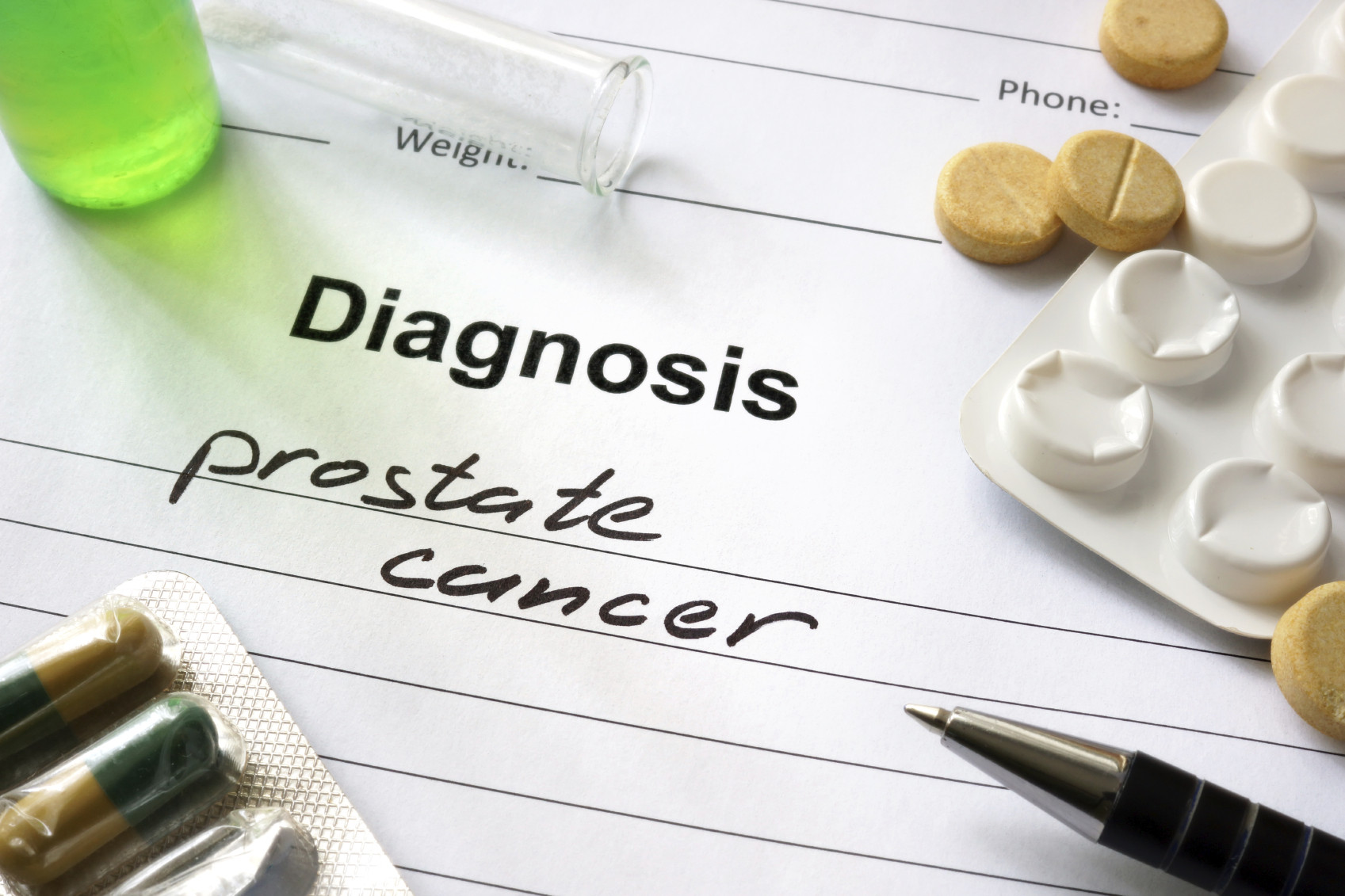
5 timeless habits for better health

What are the symptoms of prostate cancer?

Is your breakfast cereal healthy?

When pain signals an emergency: Symptoms you should never ignore

Does exercise give you energy?

Acupuncture for pain relief: How it works and what to expect

How to avoid jet lag: Tips for staying alert when you travel

Biofeedback therapy: How it works and how it can help relieve pain

Best vitamins and minerals for energy

Should you take probiotics with antibiotics?
Men's Health Archive
Articles
Hormones and your heart
Age-related drops in sex hormone levels sometimes cause undesirable symptoms. But is hormone therapy safe for the heart?
Image: monkeybusinessimages/Thinkstock
A decline in sex hormones is a natural part of growing older. Still, it's only natural to want to feel robust, mentally sharp, and healthy as we age. So it's no surprise that hormone therapy—which has been touted by drug companies as a way to restore youthful vigor, first for women and more recently for men—has generated so much interest.
But hormone therapy has a long, controversial history, particularly with regard to how it may affect the risk for common, chronic health problems. The following is a summary of what we know—and don't know—about the cardiovascular effects of hormone therapy for women and men.
How much weight loss is cause for concern?
It is normal to lose some weight as a person ages. In fact, an estimated 10% to 20% of men older than age 65 lose 5% or more of their body weight over the rest of their lifetime. However, losing 5% of total weight in one year or 10% over two years warrants some medical testing.
Are there any advantages to human growth hormone?
The hype around human growth hormone (HGH) comes from a few studies that showed HGH injections can increase lean body mass and shrink body fat, which led to claims of HGH as an “anti-aging” hormone. Yet, the benefits of HGH supplementation for older adults are unproven, and there are concerns about potential side effects.
What a therapist can do for you
Many men resist talking about their problems, but there are times when it's necessary.
Image: ArtemSam/Thinkstock
Men often like to think of themselves as the strong, problem-solver type who never needs help, especially when it comes to their emotional and mental issues. But men should never bottle up their feelings and tough it out, according to Dr. Darshan Mehta, medical director of the Benson-Henry Institute for Mind Body Medicine at Harvard-affiliated Massachusetts General Hospital.
"Your mental health is equally as important as your physical health and proper nutrition. Not addressing negative feelings can carry over to all aspects of your life and have a profound impact," he says.
Can vitamin D levels signal aggressive prostate cancer?
Low levels of vitamin D may help predict aggressive prostate cancer, according to new research. While it only showed an association, the researchers believe low D levels could be used as a valuable biomarker, and help men and their doctors decide whether to consider active surveillance, in which the cancer is monitored for changes.
Prompt attention to “ministrokes” may reduce risk of subsequent stroke
Getting immediate attention for symptoms of a transient ischemic attack can minimize the risk of a subsequent stroke.
The risks of active surveillance for men with intermediate-risk prostate cancers
Many men with prostate cancer benefit from active surveillance, in which treatment doesn’t begin unless the cancer spreads. There has been some debate about whether this strategy is safe for men with intermediate-risk prostate cancer. A new study suggests that this type of cancer is more likely to spread than previously thought — but active surveillance can still be a good option for many intermediate-risk men.
What men can gain from therapy
Men are often reluctant to seek therapy. After all, it involves asking for help and talking candidly about one’s emotions, two things that many men are eager to avoid. But men should know that there’s no need to “tough out” whatever they’re going through. There are plenty of professionals out there who are ready and willing to lend an ear.
A new look at testosterone therapy
Declining testosterone is a normal part of aging, but is replacement therapy right for you? Here is what you need to know.
Image: aquarius83men/Thinkstock
Testosterone replacement therapy (TRT) has surged in popularity over the past decade. Millions of older men have turned to TRT to restore hormone levels in hopes of refueling energy and reigniting their sex drive.
Yet TRT remains controversial because of its uncertain benefits and potential health risks. Safety concerns were raised years ago when studies showed a possible association between TRT and an increased risk of cardiovascular disease.
Should you take “senior” multivitamins?
There is little scientific proof that multivitamins or special “senior” vitamin formulas helps you live longer, feel better, or avoid disease. Spending money on fresh fruits and vegetables is a wiser and healthier investment.

5 timeless habits for better health

What are the symptoms of prostate cancer?

Is your breakfast cereal healthy?

When pain signals an emergency: Symptoms you should never ignore

Does exercise give you energy?

Acupuncture for pain relief: How it works and what to expect

How to avoid jet lag: Tips for staying alert when you travel

Biofeedback therapy: How it works and how it can help relieve pain

Best vitamins and minerals for energy

Should you take probiotics with antibiotics?
Free Healthbeat Signup
Get the latest in health news delivered to your inbox!
Sign Up








